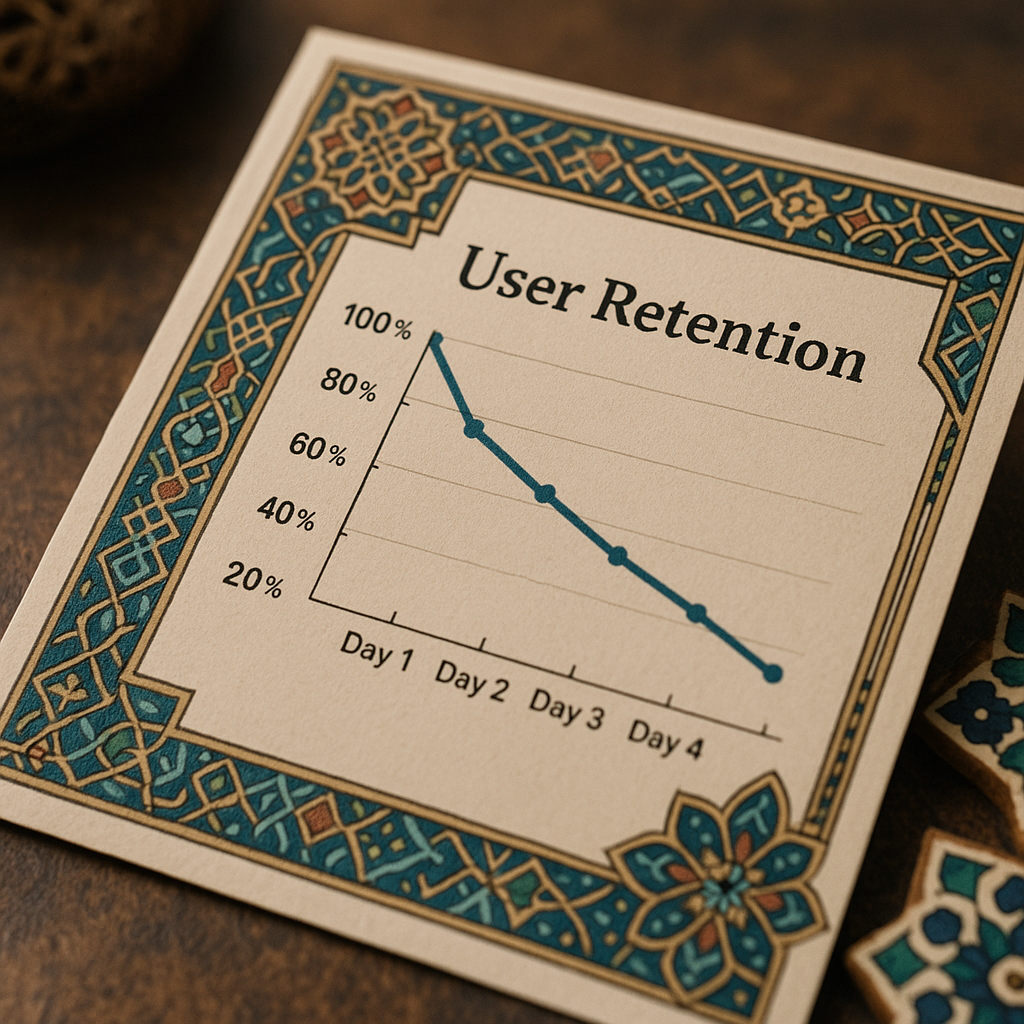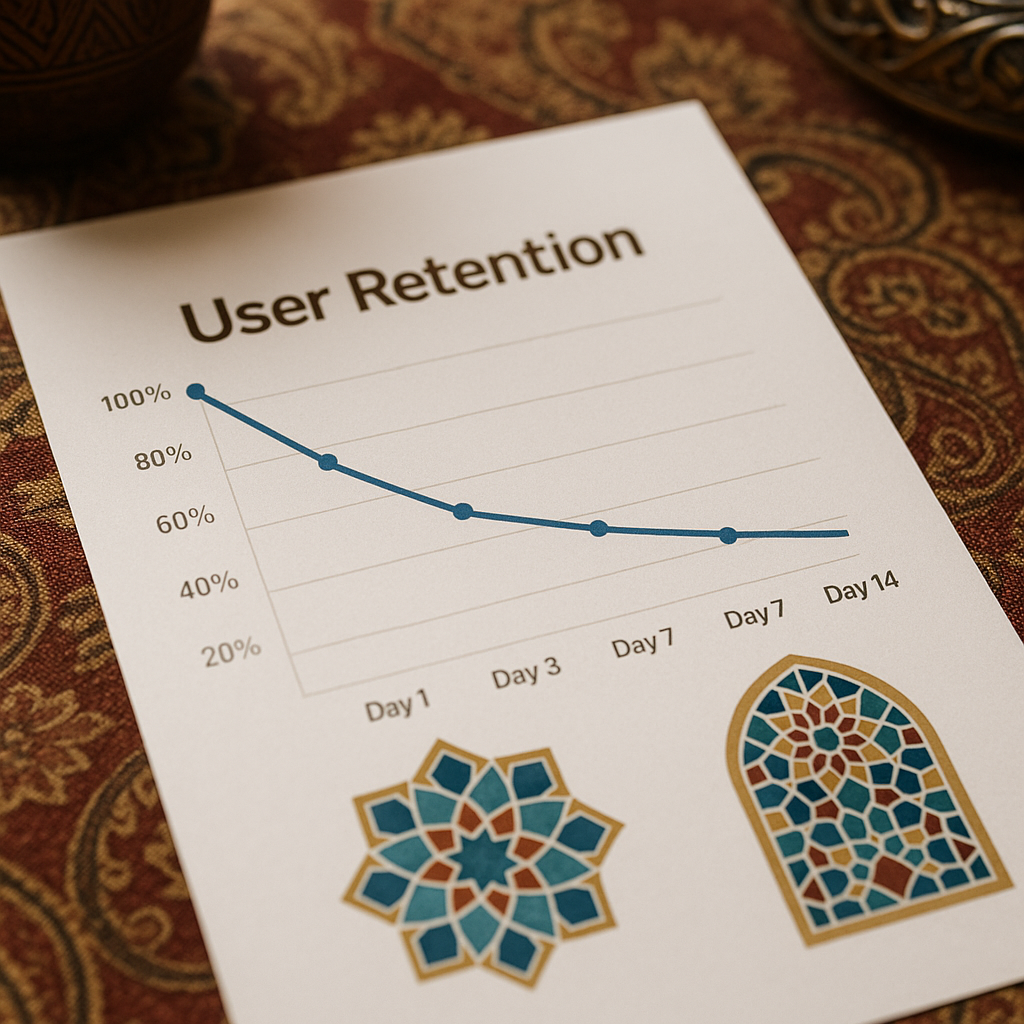Challenges in Mobile App Retention in the Middle East
The Middle East is a vibrant market for mobile apps, but retaining users in this competitive landscape can be challenging. Understanding the unique issues that developers face is crucial for anyone looking to build and maintain a successful app in this region. This article will identify key challenges in retaining app users in the Middle East.
1. Cultural Diversity and Language Barriers
The Middle East is home to a variety of cultures and languages, which can complicate mobile app retention. Developers often struggle to create content that resonates with users from different backgrounds. For example, a feature that appeals to users in Saudi Arabia may not attract users in the UAE or Qatar. Understanding cultural nuances is essential for creating personalized user experiences that enhance retention.
2. Limited Access to High-Speed Internet
While internet connectivity has improved significantly across the Middle East, many users still face limitations, such as slow data speeds or inconsistent access, particularly in rural areas. This can hinder the performance of mobile apps and frustrate users, leading to uninstalls. Developers must optimize their apps for lower bandwidths to cater to users in these regions.
3. High Competition
The app market in the Middle East is saturated with options. Users are continually bombarded with new apps, making it harder for existing apps to retain their audience. Developers need to ensure that their apps stand out through unique features, engaging user interfaces, and effective marketing strategies. Building brand loyalty is crucial when users have many alternatives at their fingertips.
4. User Expectations and Localization
User expectations vary widely in the Middle East. Many users expect apps to be tailored to local tastes, preferences, and languages. This is where localization plays a critical role. Simply translating an app into Arabic is not enough; developers must take into account local customs, behaviors, and feedback to make the app relevant. This level of detail can be a significant challenge for app developers.
5. Payment Preferences
Understanding payment methods is vital for retention, especially in a region where users have varying preferences. Some users prefer cash, while others prefer digital wallets or credit cards. Offering a range of secure payment options can greatly enhance user experience and encourage them to stay engaged with the app.
6. Data Privacy Concerns
Concerns regarding data privacy and security are rising among users in the Middle East. With global data breaches making headlines, users are becoming more cautious about sharing personal information. Developers need to prioritize user privacy and communicate their data protection measures clearly. This can help build trust and improve user retention.
7. Engagement Strategies
Engaging users over time is essential for retention. This includes implementing gamification, push notifications, and regular updates. Developers must find the right balance, as too many notifications can overwhelm users, while too few can make them feel disconnected. Knowing how to effectively engage users while keeping their preferences in mind is a delicate art in the Middle East market.
8. Marketing Challenges
Effective marketing is vital for retaining mobile app users. However, businesses in the Middle East often face challenges related to budget constraints, limited access to marketing analytics, and a lack of understanding of local trends. Investing in content marketing strategies tailored to the audience can make a world of difference.
For instance, focusing on platforms like social media that are popular in the region can amplify reach and engagement. Developers should also educate themselves on regional marketing tactics, such as influencer marketing, to tap into local audiences.
9. App Performance and User Experience
The application’s performance itself is crucial for retention. Users are likely to uninstall apps that crash frequently or have long loading times. Optimizing app performance to ensure fast and smooth interactions is vital in keeping users happy and engaged. Regular updates and maintenance can help mitigate performance issues and enhance user experience.
10. Feedback Mechanisms
Creating a channel for feedback is essential. Users appreciate when their opinions are valued; thus, implementing features that allow users to provide feedback can work wonders in retention. Listening to user concerns and making necessary adjustments shows that the developers care, which can encourage users to continue using the app.
Conclusion
In conclusion, retaining app users in the Middle East poses unique challenges due to cultural diversity, internet access, competition, and user expectations. Developers must focus on personalized experiences, optimize performance, and employ effective marketing strategies to improve retention rates. By addressing these challenges head-on, they can build stronger relationships with users and secure long-term loyalty.
For more insights on enhancing content marketing strategies in the Middle East, check out articles from Meltwater and LinkedIn. Embracing these strategies can help app developers establish a stronger foothold in the Middle Eastern app market.
For additional resources on effective content marketing, consider visiting StoryChief.















